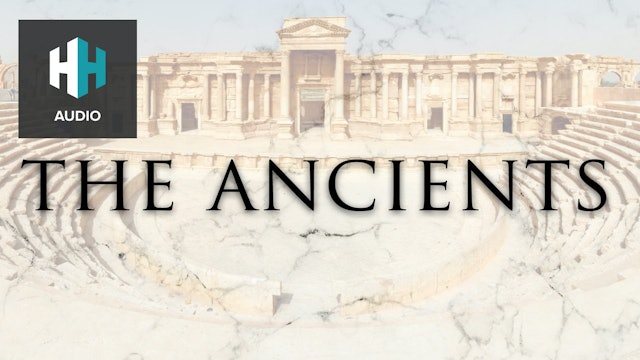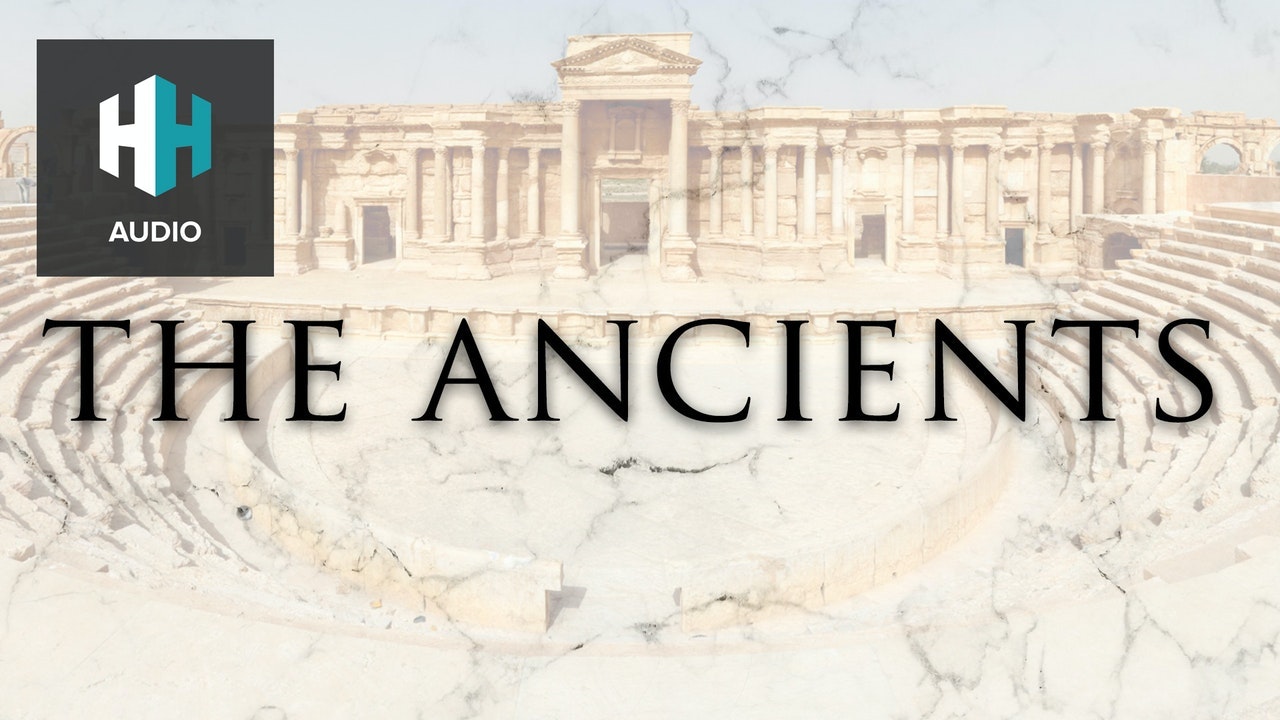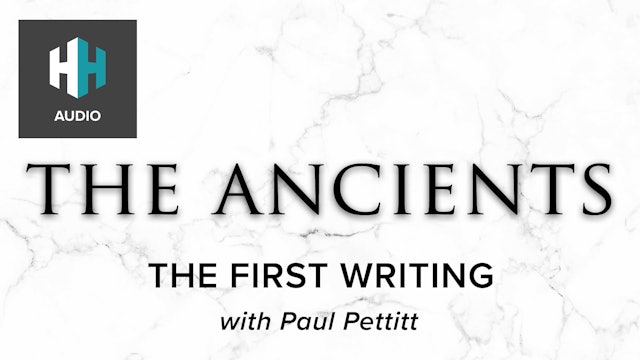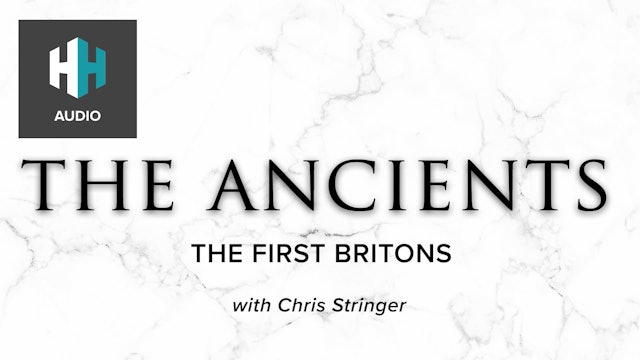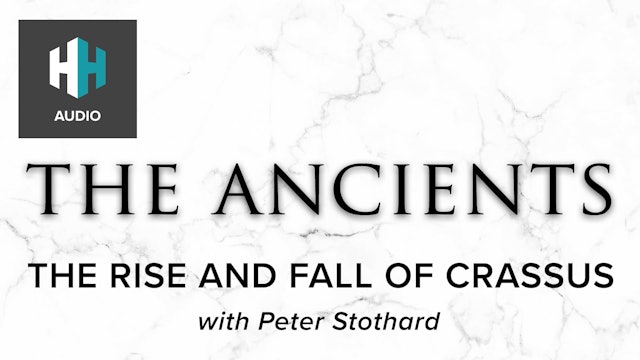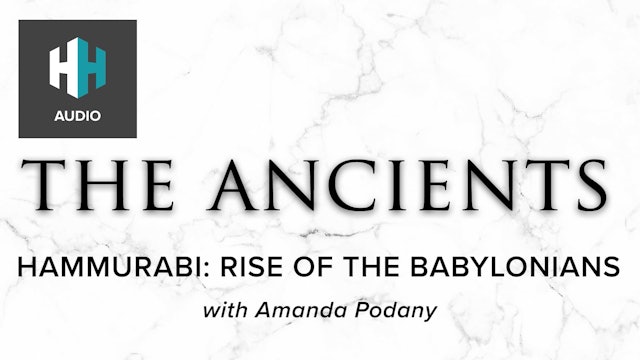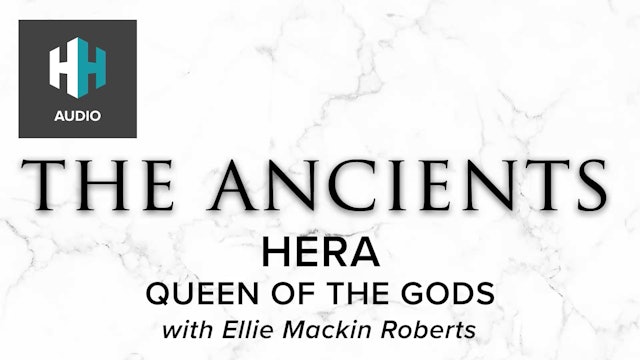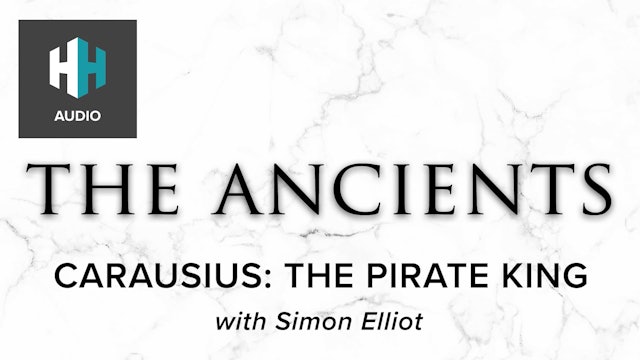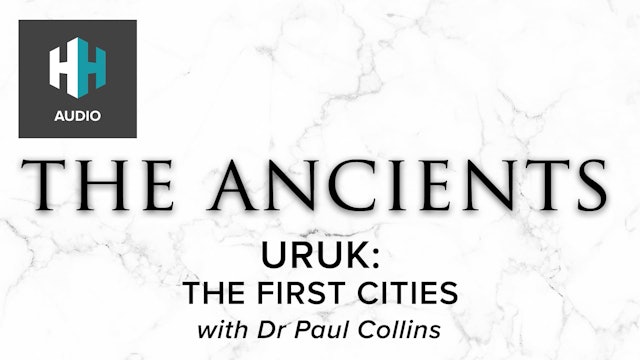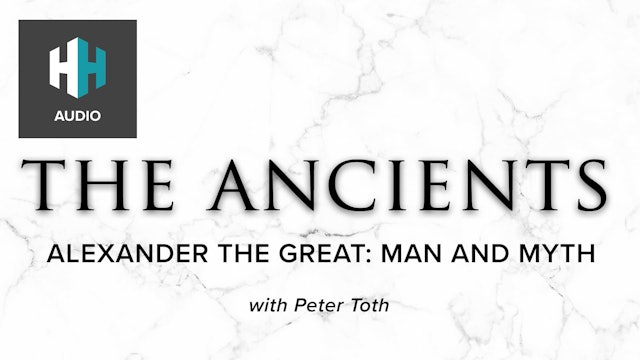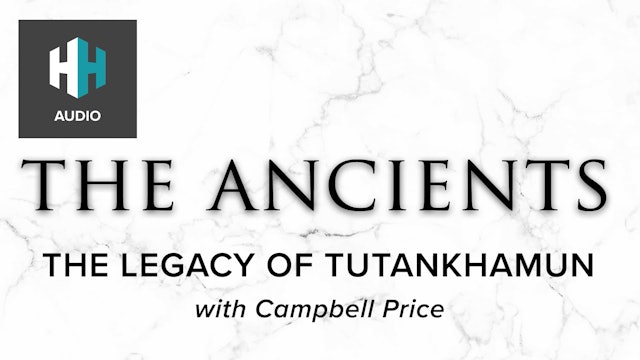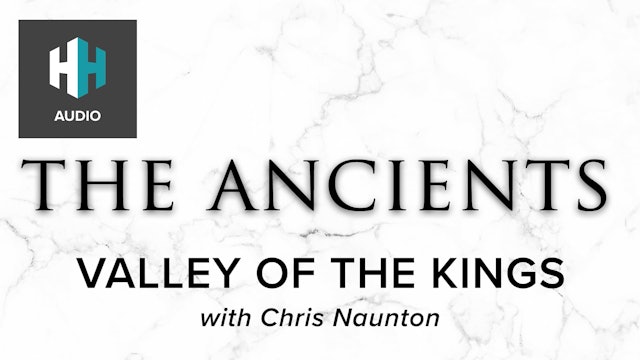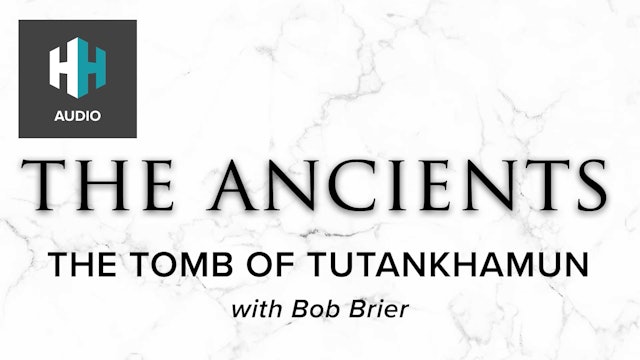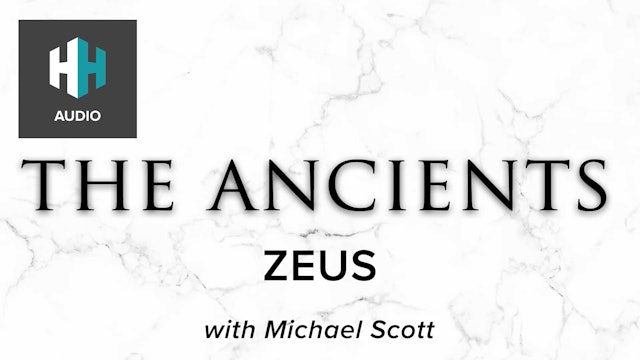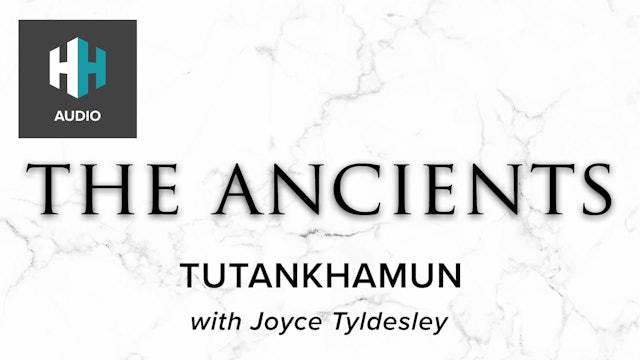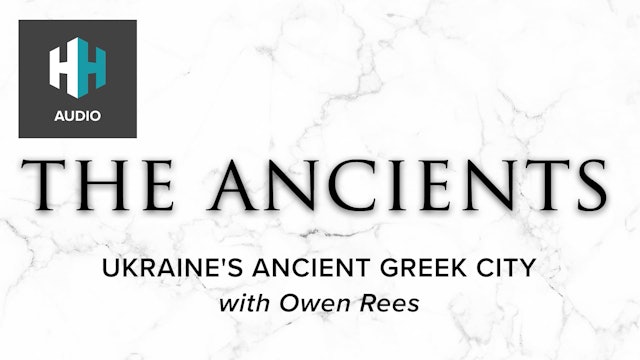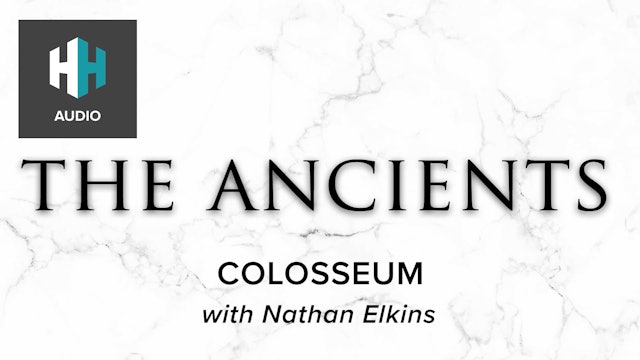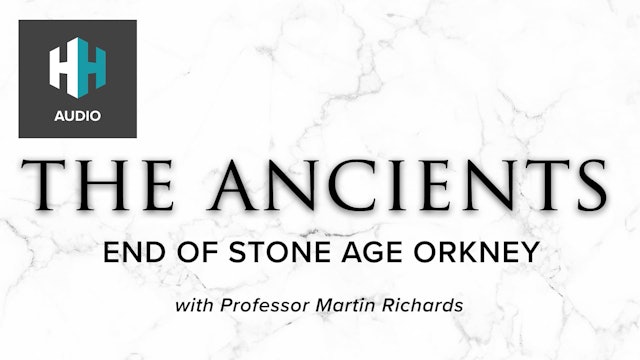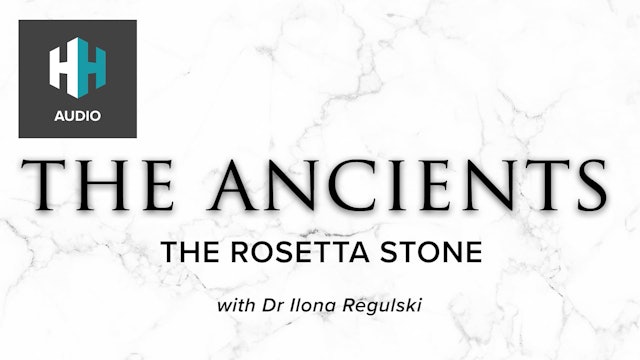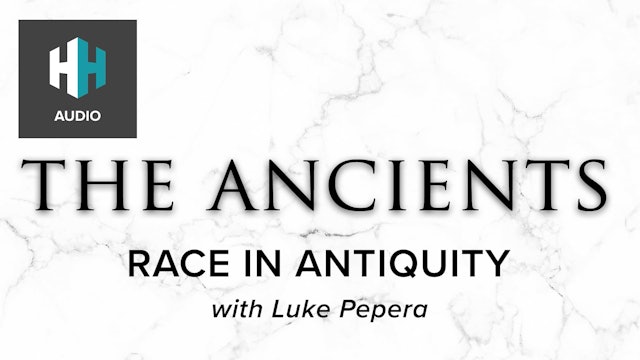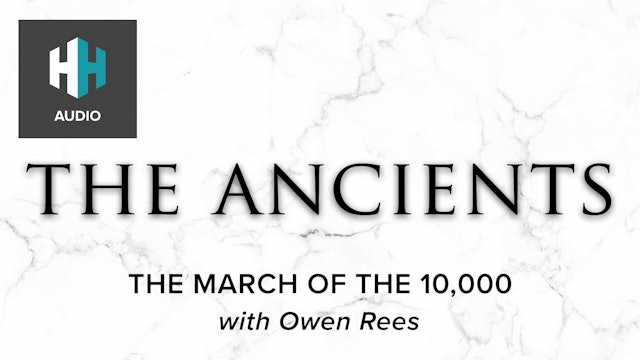🎧 The Ancients
Please note that audio podcast episodes are not uploaded to the History Hit app. Access your RSS feed instead.
To access your RSS feeds as a subscriber please visit https://www.historyhit.com/history-hit-frequently-asked-questions/.
-
🎧 The First Writing
The results of a groundbreaking new study were released today [January 5th] by a group of researchers who believe they have conclusively decoded the earliest known form of proto-writing. Dating back to the Palaeolithic era, this combination of abstract markings and ice age art, decorating over 60...
-
🎧 First Britons
67 million people currently inhabit the United Kingdom - but what do we know about the original, first Britons? It's no secret when looking back into pre-history that it was a time of mass migration for animals and people alike, but who were our early inhabitants, and what can we learn about them...
-
🎧 The Rise and Fall of Crassus
Often overshadowed by his more successful peers (anyone heard of Julius Caesar?), Crassus' rise and fall from power is that of legend. A Roman General, Statesman, and once called the 'Richest Man In Rome', Crassus' power and influence is undisputed. But how did Crassus come to obtain such power, ...
-
🎧 Hammurabi: Rise of the Babylonians
2000 BC saw the famed city of Babylon begin to flourish under the rule of a King called Hammurabi. Renowned for his famous law code, the stele of which still survives today, is there anything else to be learnt about this mysterious figure?
In this episode Tristan is joined by Professor, and auth...
-
🎧 Hera: Queen of the Gods
Hera, the wife and sister of Zeus, goddess of marriage, royalty and women, is the Queen of the Gods in Greek mythology.
Despite her seat of power, she is an often maligned figure, typically characterised as the jealous and vengeful wife of Zeus due to his extramarital affairs and illegitimate ch...
-
🎧 Carausius: The Pirate King
With ancient Rome often being viewed as a mighty, impenetrable empire - it seems unlikely that one man, let alone a pirate, could ever bring this empire to it's knees. Yet that's exactly what Carausius, posthumously dubbed the 'Pirate King', did. Striking when Rome was already weak and without it...
-
🎧 Bethlehem
Most famously known as the birth place of Jesus, Bethlehem has been immortalised in texts, carols, and imagery across history. But prior to the arrival of Jesus and the nativity, Bethlehem had a vibrant, and unexpected, history. Located south of Jerusalem in the West Bank, Bethlehem was home to f...
-
🎧 Uruk: The First Cities
A Mesopotamian metropolis that thrived for millennia, Uruk is even claimed by some to have been the first true city in history.
Located in modern day Iraq, Uruk was certainly among the oldest urban settlements of the ancient world, and has been a treasure trove of archaeological finds. But was i...
-
🎧 Alexander the Great: Man and Myth
Alexander the Great is one of the most famous figures from history. Legends and fantastical versions of his life were told almost immediately upon his death, often merging fact with fiction. Through his interaction, both good and mad, with so many different empires and societies, Alexander the Gr...
-
🎧 The Legacy of Tutankhamun
Since the discovery of Tutankhamun’s tomb in the Valley of the Kings, the phenomenon of “Tutmania” has continued to capture the worlds imagination on an unprecedented scale. From innovative museum exhibitions that took the phrase 'blockbuster' to a new meaning, to SNL sketches and collectable mem...
-
🎧 Rise of the Etruscans
Situated in the North of Italy, the Etruscan's were once a powerful civilisation, dominating the Italian peninsular. Predecessors to Ancient Rome, the Etruscans excelled in trade, art, and sculpture, surviving for centuries from the early 1st Millenia BC until their fated clash with the Romans. T...
-
🎧 The Valley of the Kings
On the west bank of the Nile, across from the ancient city of Thebes, lies the Valley of the Kings - the final resting place of several Pharaohs and their families.
The valley is a 1,000 ft wide wadi [valley] that was utilised as a royal burial ground by three dynasties of the New Kingdom for ov...
-
🎧 The Tomb of Tutankhamun
In November of 1922, British archaeologist Howard Carter, thanks to benefactor Lord Carnarvon, discovered the untouched tomb of Tutankhamun. Otherwise erased from history, the tomb of this 18th Dynasty Pharaoh would go on to change the world. Undoubtedly cited as one of the greatest archaeologica...
-
🎧 The World's Earliest Cave Art
200,000 years ago in what is now Tibet, two children left a set of hand and foot prints on a travertine boulder, still identifiable today and is thought to be the earliest example of cave art.
In today’s episode, Tristan Hughes is joined by Dr Sally Reynolds from the University of Bournemouth, w...
-
🎧 Zeus
Zeus, the chief deity, is the Olympian god of sky and thunder. He is king of all other gods and men, and the key figure in Greek mythology.
His tale is one of overthrowing fathers, eating babies and seducing women, both mortal and divine, by changing his own form. He's one of the most complex fi...
-
🎧 Tutankhamun
Tutankhamun is one of the most famous names in ancient history. Known as the 'Boy King', he ascended the Egyptian throne at the age of 9 and ruled for just under a decade. In this time, there's evidence of his sporting activities, his religious restoration, and even his penchant for an ancient Eg...
-
🎧 Ukraine's Ancient Greek City
Located in modern day Ukraine, Olbia was the largest ancient Greek settlement on the coast of the Black Sea. A mix of Scythian and Greek culture, Olbia interacted with settlements and cultures across the ancient world.
In this episode, Tristan is joined by Dr Owen Rees to talk about the fascina...
-
🎧 Colosseum
Nicknamed the 8th wonder of the ancient world, the Colosseum still stands in splendour today. Located in the heart of Rome, nestled at the bottom of the Palatine Hill, neighbouring the ancient Roman Forum - the Colosseum is nearly 2000 years old. But who is responsible for this colossal amphithea...
-
🎧 The First Black Archaeologist
Born to slaves in 1863, John Wesley Gilbert was the first student of the Paine Institute, a graduate of Brown University, and the first black archaeologist.
While at Brown, he was awarded a scholarship to study abroad at the American School of Classical studies in Athens, Greece. Here, he helped...
-
🎧 Virgil
One of Antiquity's greatest poets, Virgil's legacy is seen across history. Following in the footsteps of his predecessor's Homer and Hesiod - Virgil's work inspires people even today. With inspiration for his poems coming from the political turmoil and change around him, Virgil's work offers insi...
-
🎧 End of Stone Age Orkney
Around 5200 years ago, during the Neolithic period, when farming first took hold, Orkney was a hugely influential cultural centre. Yet, as Europe moved into the Bronze Age, the islands’ influence dwindled and Orkney became more insular.
But what do we know about the arrival of the Bronze Age in O... -
🎧 The Rosetta Stone
In July 1799 a group of French soldiers stumbled upon a stone that set to change our understanding of the ancient world.
The iconic Rosetta Stone, a stela or inscribed slab, was dug up in the foundations of a fort in the town of Rashid a port city east of Alexandria. This discovery provided the k... -
🎧 Race in Antiquity
History is littered with devastating accounts of prejudice that shines a harsh light on the atrocities humans have inflicted on each other for centuries.
But has racism always plagued our society?
From the African son of Peter the Great of Russia, to the one-eyed black leader of the Kushite ...
-
🎧 The March of the 10,000
Recorded by Xenophon, the 10,000 were a force of Greek mercenaries employed by Cyrus the Younger, with the aim of taking back the Persian Empire from his brother, Artaxexes. Travelling over 1,766 miles to the north of Babylon, where forces eventually clashed at the Battle of Cunaxa, Cyrus ultimat...

